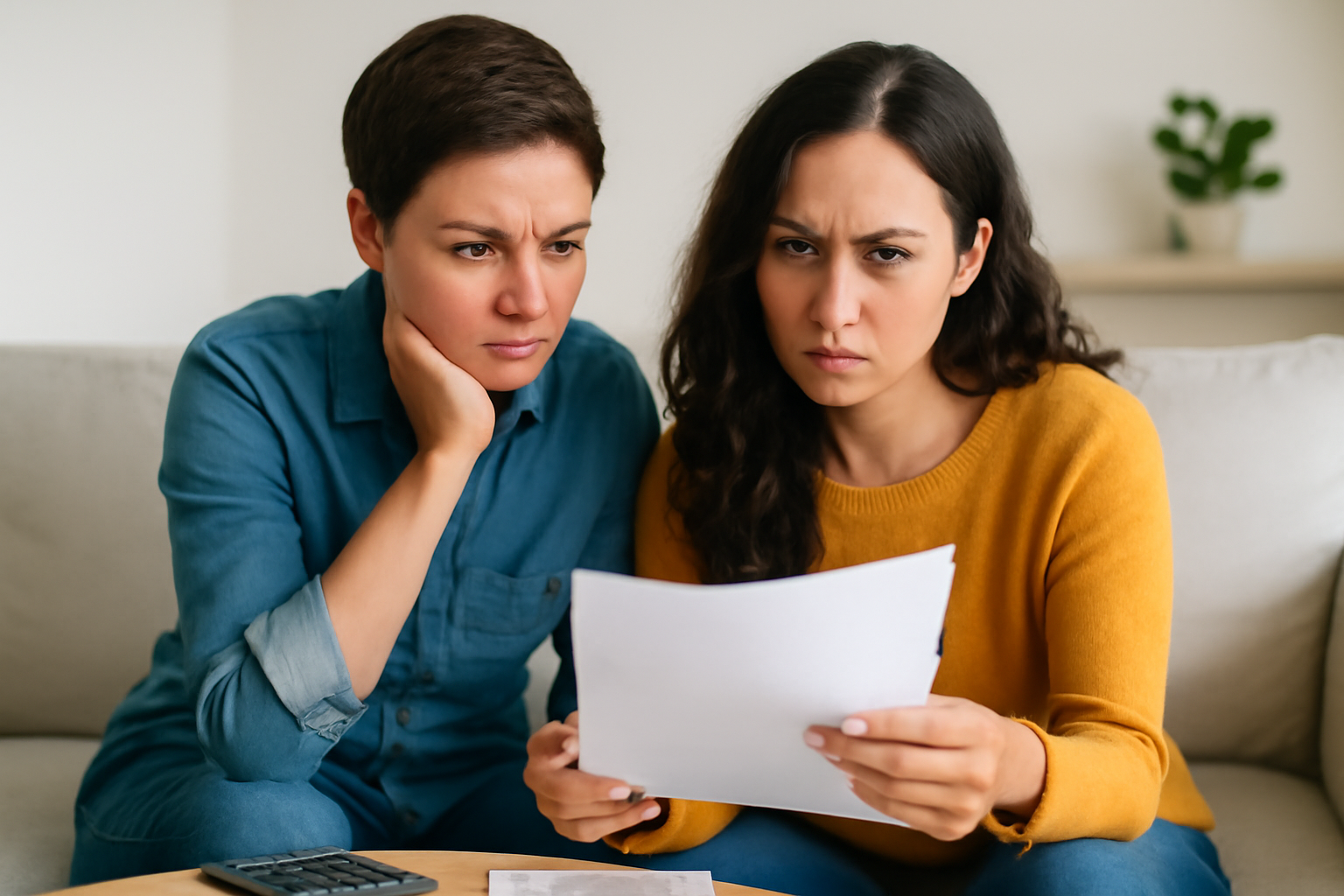
The intersection of gender, sexuality, and economic status creates a unique set of challenges for lesbians and bisexual women. Understanding these challenges is key to addressing the widespread issue of poverty within this community. By exploring factors such as discrimination, employment opportunities, and support networks, we can better comprehend why lesbians and bisexual women may experience financial instability.
Societal Discrimination and Its Impact
Discrimination based on sexual orientation is a significant barrier that many lesbians and bisexual women face in the workplace. Homophobia and biphobia can manifest in various ways, from overt harassment to more subtle forms of bias that influence hiring and promotion decisions. These discriminatory practices can limit job opportunities and lead to lower wages, underemployment, or unemployment.
The fear of discrimination may also discourage individuals from being open about their sexual orientation at work, leading to stress and anxiety that can affect job performance and overall well-being. The stress of having to hide one's identity to maintain employment stability can be mentally and emotionally taxing, impacting productivity and career advancement.
Gender Pay Gap and Economic Inequality
In addition to facing discrimination due to their sexual orientation, lesbians and bisexual women also contend with the gender pay gap. Women, in general, earn less than men for comparable work, and this economic disparity is compounded for those who identify as part of the LGBTQ+ community. The intersection of these identities often results in an even wider wage gap, contributing to financial difficulties.
Furthermore, lesbians and bisexual women may find themselves in industries that traditionally pay less. Occupations with higher concentrations of women, such as caregiving and education, tend to offer lower wages than male-dominated fields. This occupational segregation perpetuates income inequality and limits economic mobility.
Access to Support Networks
Support networks and community resources play a critical role in providing financial assistance and emotional support. However, lesbians and bisexual women may encounter barriers to accessing these networks. Family rejection, a common issue for LGBTQ+ individuals, can strip them of conventional support systems that many others rely on during times of need.
Community organizations and social services dedicated to LGBTQ+ support can provide a safety net, but they are often under-resourced and may not reach all who need help. Additionally, geographic disparities in the availability of such services mean that individuals in rural areas or conservative regions may have limited access to these crucial resources.
Educational and Career Opportunities
Educational attainment is a powerful tool for increasing economic stability, yet lesbians and bisexual women may face obstacles in pursuing education. Discrimination in educational settings can lead to hostile environments that affect academic performance and retention rates.
Even with a degree, lesbians and bisexual women may face bias in hiring processes and career advancement, which can hinder long-term economic success. It is crucial to create inclusive educational and professional environments where all individuals, regardless of sexual orientation, have equal opportunities to succeed and thrive.
Policy and Advocacy
Addressing the economic challenges faced by lesbians and bisexual women requires systemic change. Advocacy for inclusive policies that protect against discrimination and promote equal opportunities is essential. Ensuring that anti-discrimination laws encompass sexual orientation and gender identity can provide legal recourse for those facing bias in the workplace.
Additionally, policies aimed at reducing the gender pay gap, such as pay transparency and equitable parental leave, can benefit all women, including those in the LGBTQ+ community. Supporting legislation that ensures access to affordable healthcare, housing, and education is also vital in reducing poverty among lesbians and bisexual women.
In conclusion, addressing the economic hardships faced by lesbians and bisexual women involves tackling systemic discrimination and advocating for inclusive policies. By understanding the multifaceted nature of these challenges, we can work towards creating a more equitable society where every individual, regardless of their sexual orientation or gender identity, has the opportunity to succeed.
Related Posts
Triumphant Trans Woman Wins Legal Battle and Inspires Others to Stand Up for Their Rights
Breaking new ground: a landmark victory in transgender rights After battling in courtrooms and enduring endless challenges, Diana Portillo, a transgender woman, has secured a monumental victory in her decade-long fight against workplace discrimination. The result? Nearly $1 million awarded in a historic settlement. But this isn't just a win on paper—it represents a powerful precedent in combati [...]
Pride Month in Latin America: Protests and Demands for Equality
**Celebrating Pride and advocating LGBTQ+ rights in Latin America** Pride Month in Latin America was a lively mix where celebration met activism. Communities united, not just throwing a party but making a stand—demanding equality and pushing governments toward better protection and rights recognition. Throughout Latin America, pride events erupted in marches and cultural displays, each with a c [...]
Transgender Erasure Actions Implemented by National Park Service
```html Trump administration's impact on national park service and transgender recognition The Trump administration made notable moves in undermining transgender representation, which included directing agencies like National Park Service not include "T" and "Q" when they refered “LGBTQ” in any official communication. This move seems part a broader plan by this administration aimed at reducin [...]